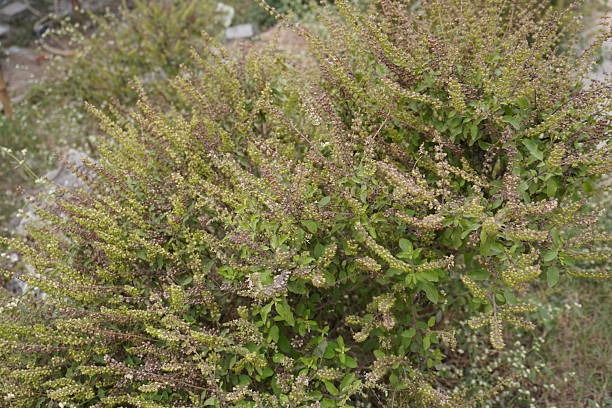Herbal gardens have been a cornerstone of natural self-care for centuries. These verdant spaces are not only aesthetically pleasing but also serve as a haven of healing and wellness, providing an array of herbs that can be used in various forms to promote health and wellbeing. Cultivating your own herbal garden is an art form that combines knowledge, patience, and care to grow plants that will flourish naturally.
The art of herbal garden self-care begins with understanding the nature of each plant you choose to cultivate. Each herb has its unique requirements in terms of sunlight exposure, watering frequency, soil type, and overall care. For instance, while rosemary thrives under full sun exposure and well-drained soil conditions, mint prefers partial shade with moist but well-drained soil.
Once you understand the needs of each plant species in your garden, it’s time to nurture them accordingly. Regular watering is essential for their growth; however overwatering can cause root rot which may eventually kill the plant. Similarly important is ensuring they receive adequate sunlight since photosynthesis plays a crucial role in their growth process.
Another key aspect involves using organic matter such as compost or manure to enrich the soil’s nutrient content which directly influences plant health. It’s snow caps weed equally vital to adopt natural pest control methods instead of resorting to chemical pesticides which could potentially harm both the plants and beneficial insects like bees.
Harvesting is another significant part where timing matters greatly. Herbs should ideally be harvested just before they flower when their oils (responsible for flavor & aroma) are at peak levels. Carefully cutting without damaging the rest of the plant ensures continuous growth allowing multiple harvests from one single plant during its growing season.
Beyond cultivation practices lies another realm – utilizing these herbs effectively for self-care purposes. Herbal gardens offer endless possibilities here – aromatic lavender can be used for calming baths or sleep-inducing pillow sprays; peppermint leaves make refreshing teas aiding digestion; calendula flowers can be infused into oils for soothing skin treatments, and the list goes on.
The beauty of an herbal garden is not just in its visual appeal but also in the therapeutic benefits it offers. The process of caring for these plants can be a meditative experience in itself, providing mental relaxation and stress relief. Moreover, using homegrown herbs for self-care ensures that you are using products free from harmful chemicals or artificial additives.
In essence, the art of herbal garden self-care is a holistic approach to wellbeing. It’s about creating a symbiotic relationship with nature where you give care to your garden and in return, it provides you with natural remedies promoting overall health. So whether you’re an experienced gardener or just starting out, consider making space for some herbs – not only will they add vibrancy to your surroundings but will also empower you with natural means to flourish physically and mentally.



